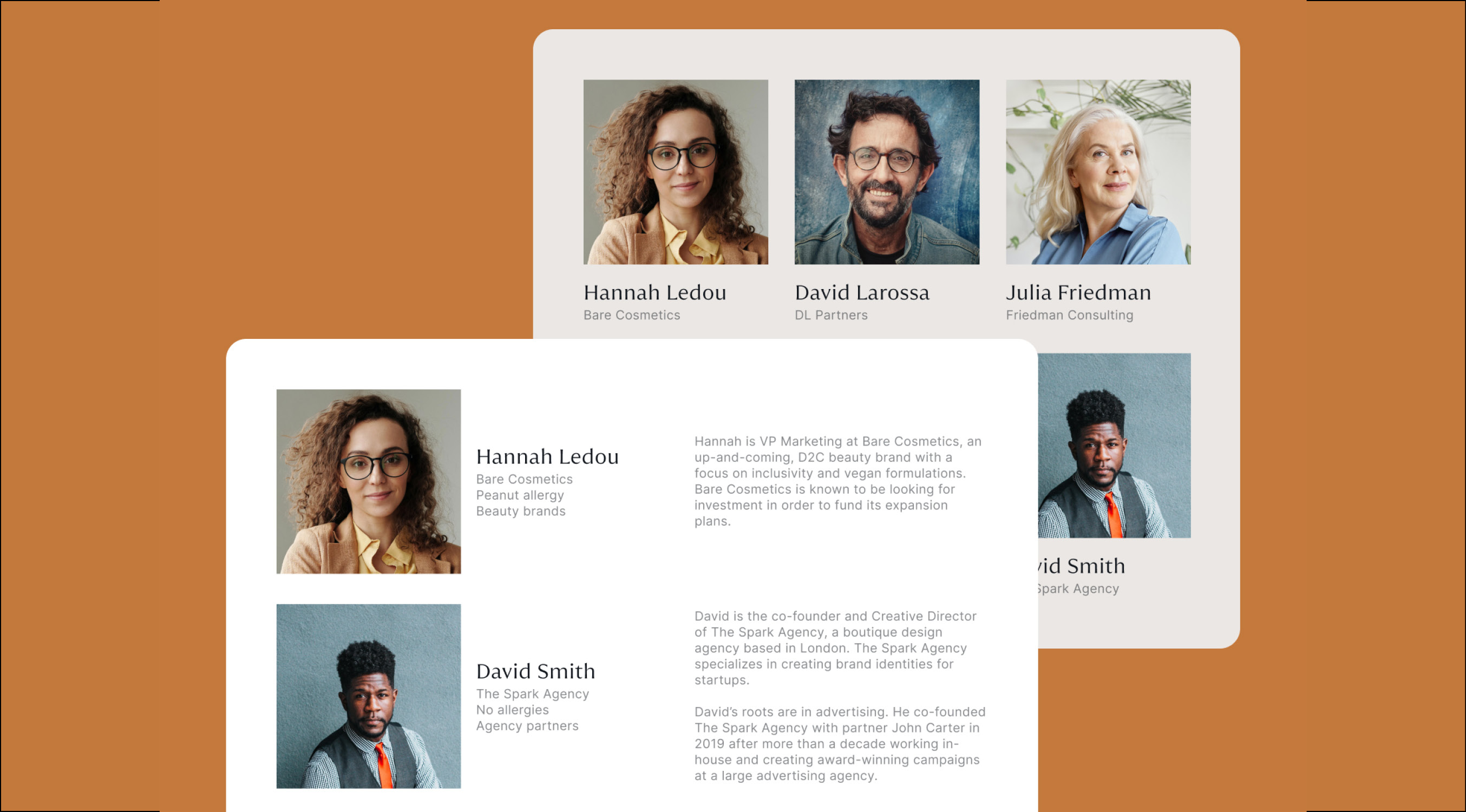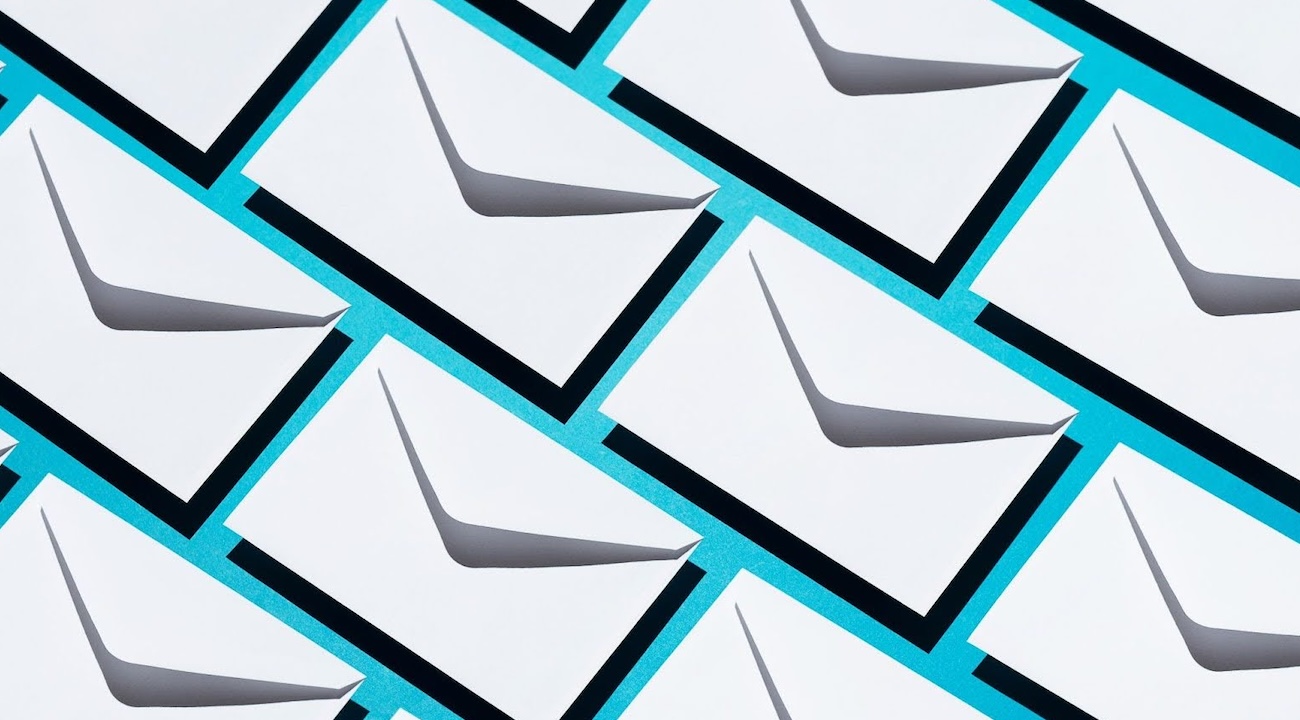Your event was a success, but your work isn’t done.
As an event planner, you need time to debrief the event. A proper event debrief will tell you what went right, what could have gone better, and how to use this information to ensure your next event is a success.
Rather than juggling dozens of checklists, here’s a simple guide to running an event debrief that will guarantee you get it right.
Step one — plan the event debrief and meeting agenda
Think of your post-event debrief meeting like a workshop where you’re the organizer and the guest. Here’s how to plan for it so you’ll get from it what you need.
Decide which team members to invite
For small teams, this probably means everyone. But for large events, not every person associated with the event needs to attend.
Keeping the group smaller keeps conversations more focused. Just be sure all stakeholders and groups are represented, such as managers, team leaders, and other decision makers.
Foster a comfortable environment
Make sure your group meets in a distraction-free setting where they’ll be comfortable sharing both positive feedback and productive criticism.
Of course, not everyone will want to speak up in a group, and that’s fine. Just make sure you still have a way to hear from them. You can always provide an option to share feedback anonymously.
Create a clear agenda
No need to relive every moment of the event during the debrief. Stick to an agenda of addressing the important questions (which we’ll cover in step three), analyzing your materials, and gathering feedback from the group.
Choose someone to facilitate
Without structure, debriefs can turn into free-for-alls where valuable information gets lost in the noise. Assign someone to oversee the discussion and guide everyone through each agenda item. Consider choosing someone other than yourself, since a neutral facilitator is more likely to ask the tough questions that lead to real, actionable insights for continuous improvement.
If you have a big team, make sure everyone has a chance to give their feedback, even if they aren’t at the debrief. Everyone appreciates having their voice heard, and it’s helpful to have various perspectives on the back-end of the event.
Related: Everything you need to know about event planning
Step two — set a time and stick to it
The longer you wait to hold a debrief, the harder it will be for everyone to remember the details and takeaways from the last event.
Make sure you nail down a deadline for these meetings and topics, then stick to it:
- When to survey your attendees, and when to conclude surveying
- When to analyze and summarize the guests’ answers
- When to talk to your team about the event
- When to wrap up all the thoughts, presentations, and discussions of the debrief and move forward
Before the debrief, analyze and review all metrics, reports, and other event data points collected by your event management software so you can discuss the results with your team.
Read about: 9 skills every event planner should have

Step three — ask key questions
An event debrief is a discussion session, not an interrogation, so remember to create an atmosphere that fosters discussion instead of laying blame. This starts by asking the right questions.
Shortly after the event but before the debrief, send a feedback survey to your meeting attendees and other team members so everyone has a chance to say their piece. This is also a great way to take a temperature check of what to expect during the meeting.
At a minimum, your meeting should help you get answers to these crucial event debrief questions:
- Did we achieve our event goals and KPIs?
- Did we meet our target event ROI?
- What went right?
- What went wrong?
- What can we do better next time?
When discussing what went right or wrong, don’t forget to touch on every element, including your:
- event marketing strategy
- event management process
- attendee engagement levels
- any other aspects of the event planning process that were either lacking or clearly made for a successful event
Assign someone from your team to document the answers to these questions and keep them on hand when preparing for your next event. By asking clear questions, you can better define your future event strategy.
Step four - get guest feedback
At first glance, it can be easy to assume your event went swimmingly: nothing broke, turnout was good, and the audience seemed entertained.
But it’s really your guests who have their finger on the pulse. They experienced your event firsthand and know exactly what worked and what didn’t, which are valuable insights you can’t get anywhere else. For example, maybe your guests thought the presentations were too long, or loved a catered dinner you worried was too spicy.
Use these starting points to gather key takeaways from your guests.
At the event
Consider setting up a booth or box somewhere unobtrusive where guests can give anonymous feedback during the event. Hand them a short survey with quick, straightforward questions like “Are you enjoying yourself so far?” “Do you feel rushed between sessions or is the pacing comfortable?” “What would make this event better?”
The benefit is that you’ll hear from guests while the event is still fresh in their minds, providing you with some very honest feedback about the attendee experience.
Gathering feedback starts even before the event — asking the right pre-event survey questions can give you valuable context for your debrief.
Post-event surveys and email follow-up
Pose similar questions in the form of an email follow-up soon after the event. Brief post-event surveys are another easy but highly effective way to capture insights into the guest experience.
If you send a thank you email to your guests, include a survey or feedback form with the message, which can lead to longer, detailed answers now that people have had time to reflect on the event.
Depending on your audience, you might get longer answers now that people have had time to think about the event. If you’re sending to a large group, keep the questions brief to help you get more responses — maybe even a single question like "How was the event?"
The zkipster Communications suite makes it easy to connect with guests post-event, including gathering feedback via customized event forms. Learn more about using event technology for guest communications.
Apps or social media
Use social media to your advantage by inviting guests to use an event hashtag and post how they felt about the event.
While it’s rarely possible to get every guest to provide feedback, anything you collect will help you boost attendee satisfaction in the future.
You might like: How to plan a corporate dinner that impresses

Step five — use what you’ve learned
At the end of the day, keep your debriefs simple. Adding too much process or structure can lead you to treat them like just another box to check before moving on.
What will actually help you plan better events is to use the insights from your debrief and event reporting.
After your post-event meeting, create two lists: action items to follow up on and things to keep in mind when planning your next event. Don’t forget to bookmark event resources that proved helpful for brainstorming, planning, and organizing.
With careful planning, strong event analysis data, and the feedback of your guests and team, event debriefs offer invaluable insights to inspire your future success.
Make it a habit to take at least one thing you learned from the debrief process and apply it to your next event. You might be surprised by just how easy it is to turn that habit into second nature.



